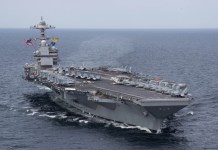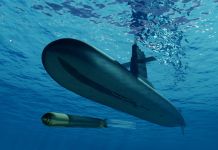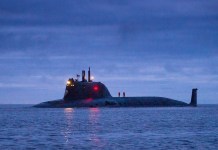For the first time in almost 50 years, a US House committee held an open congressional hearing on unidentified flying objects (UFOs) in May.
Recently, Dmitry Rogozin, the director-general of Russia’s space agency Roscosmos, revealed that Russian scientists are also investigating the sightings of UFOs.
In a recent interview with Russian Television, the head of the space agency said that aliens are to blame for some of the UFO sightings. He continued by stating that the Russian Academy of Sciences is now researching UFO sightings, most of which have nothing to do with aliens.
However, he did not exclude the existence of intelligent extraterrestrial life in the universe. Rogozin pointed out that 99.9% of all reports were eventually attributed to “atmospheric and other physical phenomena” but also considered that “we might be subject to some external observation.”

“We can study bacteria, but we can also be studied just like bacteria,” he added, according to the Russian state-controlled TV network RT.
Rogozin said that he is familiar with pilots’ testimonials from the 1970s who experienced unusual occurrences during test flights and then used a pencil and paper to draw out what they had seen.
“Usually, what we are talking about appeared during the first test flight. I have talked to NASA, and there are also proponents that we may be the object of external observation. I would like to believe it,” the Roscosmos chief added.
USA’s Efforts to Investigate UFOs
Last year, US defense officials reported on UFO encounters observed by military pilots, nearly all of which were unexplained. According to the report, some of the objects sighted looked to have unique flight dynamics, and there had been close calls with pilots.
Scientists have yet to rule out the idea that these bizarre sightings result from alien life, although last year’s report evaded all explicit references to extraterrestrials.
Furthermore, in a document issued last year, Deputy Defense Secretary Kathleen Hicks announced the formation of the Airborne Object Identification and Management Synchronization Group “to assess, and if appropriate, mitigate any associated threats to flight safety and national security.”
Recently, the United States hosted the first congressional UFO session in decades, with officials underlining the potential national security implications. The hearing drew much attention from the public, but the officials made it apparent that the potential of aliens is relatively small concerning the overall matter.
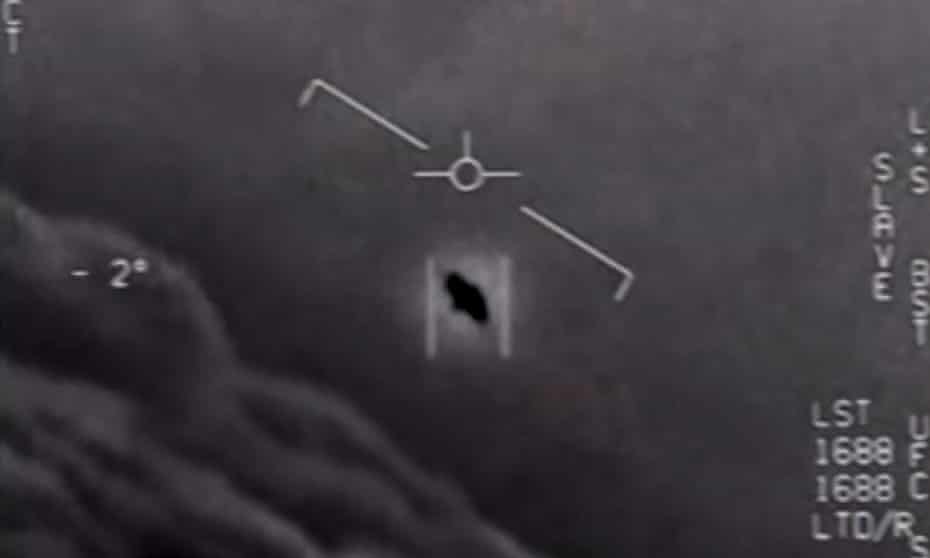
Authorities stated they couldn’t determine what UFOs were but had found no proof that they were examples of alien life. The investigation into UFOs is primarily concerned with the presence of foreign objects breaching domestic airspace.
“We take the issue of unexplained aerial phenomena seriously to the extent that we’re dealing with the safety and security of US military personnel or the national security interests of the United States, so we want to know what we’re dealing with,” Sean Patrick Maloney, a Democratic congressman from New York, had told the New York Post.
Meanwhile, as Rogozin mentioned, NASA has become more open about UFOs. The space agency stated last week that it would form an independent committee to assess how much information is publicly available on the subject and how much more is required to comprehend the mysterious occurrences. The scientists will also think about how best to use this data in the future.
Thomas Zurbuchen, NASA’s science mission commander, admitted that the traditional scientific community might regard NASA as a “kind of selling out” by going into the controversial subject, but he strongly disagrees.
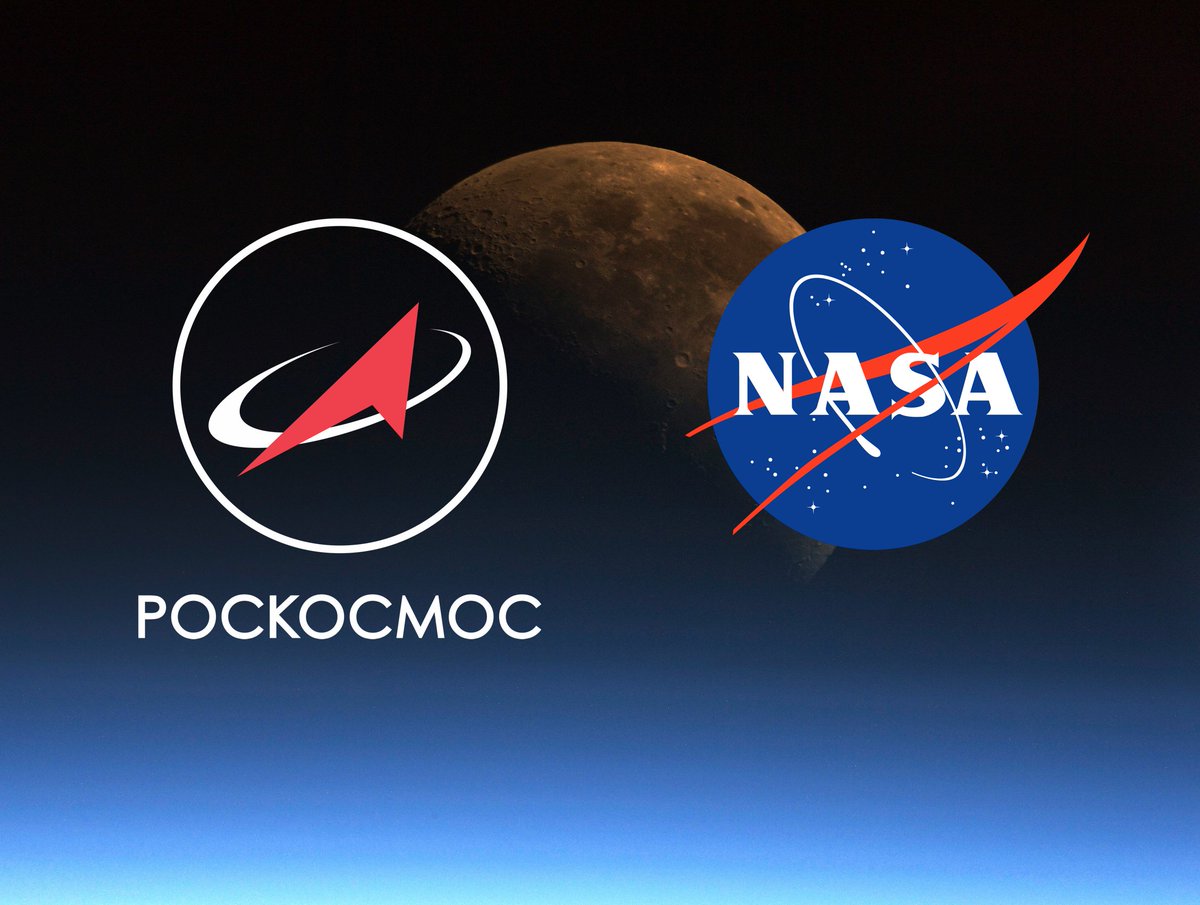
“We are not shying away from reputational risk,” Zurbuchen said during a National Academy of Sciences webcast. “Our strong belief is that the biggest challenge of these phenomena is that it’s a data-poor field.”
NASA believes this is a first step in explaining mysterious sky occurrences known as Unidentified Aerial Phenomena or UAPs. The study will last nine months, cost no more than $100,000, and begin this fall. It will be completely open, with no use of confidential military data.
According to NASA, astronomer David Spergel, president of the Simons Foundation for fostering scientific research, will lead the team. Spergel stated during a press conference that the sole preconceived concept going into the investigation is that the UAPs will most likely have multiple explanations.
“We have to approach all these questions with a sense of humility,” Spergel said. “I spent most of my career as a cosmologist. I can tell you we don’t know what makes up 95% of the universe. So there are things we don’t understand.”
- Contact the author at ashishmichel@gmail.com
- Follow EurAsian Times on Google News

